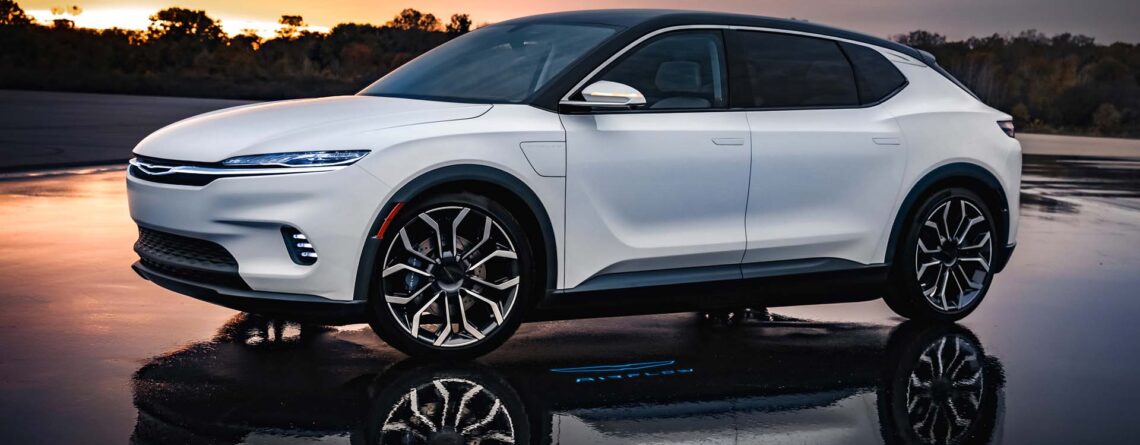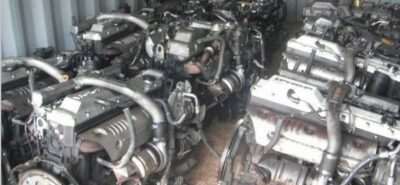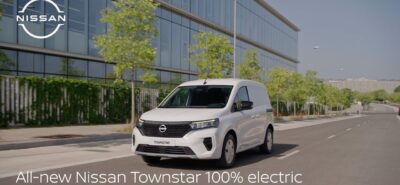Hydrogen Fuel Cell Car Sales Rebound In 2021
A blog article discussing the sales of fuel cell cars in US. How the future of hydrogen might be on the rise, due to new-found investments and public interest. Breakdown of how car companies are launching fuel cell cars, how they’re also investing in electric-powered models.
Hydrogen Fuel Cell Car Sales Rebound In 2021
It is considered that the hydrogen economy will soon be a reality. Electric cars continue to become more popular, and gasoline prices are increasing. In addition, many companies have started producing hydrogen fuel cells. As a result of this trend, it is forecasted that the global demand for hydrogen will be around 8 million tons by 2020. Hydrogen Fuel Cell Car Sales Rebound In 2021
According to J.D Power and Associates, the number of hydrogen fuel cell cars sold in Japan will reach 29,000 units by 2021. This is an increase from 18,000 units sold in 2017 and also a 700% increase from the 2,500 units sold in 2015. This rebound is likely because of hydrogen fuel cell car’s excellent environmental performance.
What was fueling this boost in usage?
Fuel cell cars have become more popular due to the introduction of hydrogen fuel cells. Sales of these cars are predicted to increase in 2021, with subsidies offered by local governments and incentives from car manufacturers helping to push this particular market forward. For the past few years, consumers have been hesitant to invest in hydrogen fuel cell cars. The numbers of new cars being sold in the US increased from 3,000 to 5,000 in 2017. The increase in sales was attributed to the release of more affordable OEM models as well as government incentives for owners to buy new cars. With a projected cost of just $26,000 for a hydrogen fuel cell car, it is likely that automakers will continue to sell these vehicles, which are cleaner and quieter than their traditional counterparts.
The pitfalls in hydrogen fuel cell car sales
Though experts have found that hydrogen fuel cell cars are safer than conventional combustion engines, it’s still a hard sell for consumers. There are many issues with these vehicles, largely in the initial cost of purchase. Along with the high up-front cost, there is a large maintenance expense for these cars because they are constantly running on electricity and must be refueled every few hours. Furthermore, it takes about 20 minutes to refuel one of these vehicles so if you’re on the road for a long time, you’ll want to stop at a gas station or charging station. An uncertain future for 2019
With the release of the new hydrogen fuel cell car models, sales are expected to rebound in 2021. The big question is whether the market is too small to support these cars and whether they will be worth their price tag.
The future of hydrogen fuel cell cars
The hydrogen fuel cell car market is rebounding in 2021. In the beginning of 2019, General Motors announced that they would begin selling fuel cell cars to customers in 2020. This improved public perception of the hydrogen vehicle as well as increased tax credits for buying a new car has given automakers a boost in sales and investments. Sales of hydrogen fuel cell vehicles are expected to rebound after a few years of lackluster sales due to the lack of support from automakers. Although other technologies like Tesla’s EV cars and Hydrogen Fuel Cell buses have not been very popular, it seems that the demand for hydrogen fuel cell cars is on the rise. They’ll be seen more often in taxis and city buses, which will help their marketability and reduce the higher price tag.
The use of hydrogen fuel cells for perspective
This information was provided by a recent study conducted by market research company, Lux Research. The study found that the industry is expected to rebound from a decline in 2021 and reach an annual sales total of 3.2 million vehicles in 2026. As of now, there are more than 100 hydrogen fueling stations across the United States. The U.S. government is also taking proactive measures to minimize the environmental impact of hydrogen fuel cell cars.





